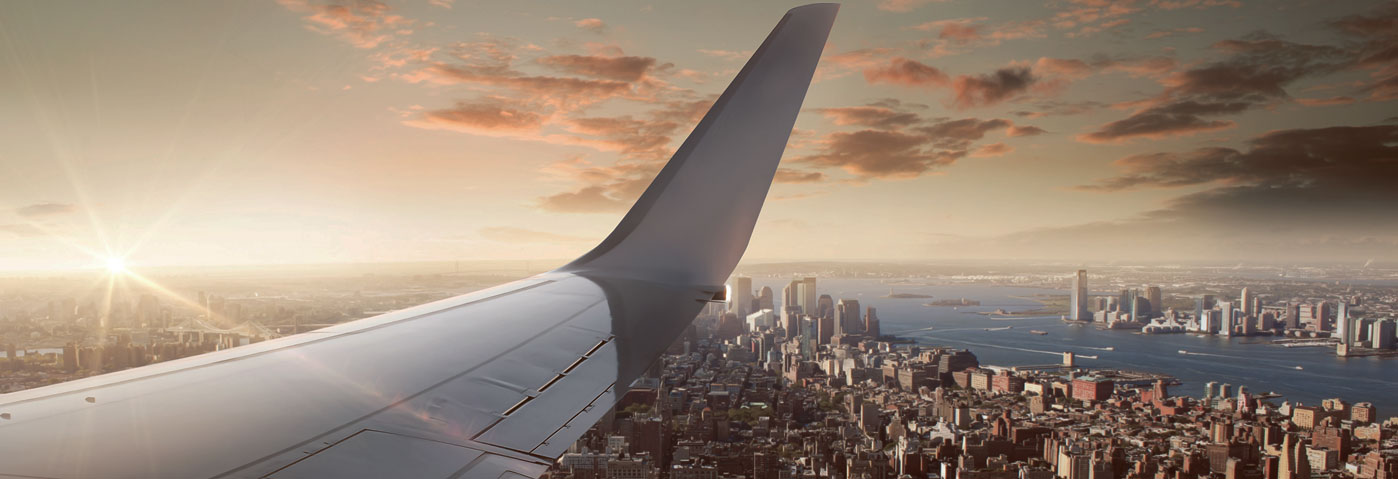2016 brought the Brexit vote and the election of Donald Trump to be the next President of the USA, the full impact of these momentous changes in the government agendas of two of the world’s leading economies remains to be seen. In the first half of 2017 there will be significant elections in France, Italy and Germany and many expect that the populist, anti-establishment and anti-globalisation parties and candidates will do well. Many have experienced stagnant or falling living standards and they have attributed this decline to globalisation and in particular to immigration – the free movement of labour has advantaged some at the expense of others. We may be seeing a seismic shift in global politics as the political centre of gravity shifts to the Pacific and to Asia.
2016 also saw the launch of the UN Sustainable Development Goals (SDGs) which seek to extend the benefits received by many in the developed world to the developing world, addressing poverty and hunger, creating decent work and bringing economic growth to developing countries, improving health, well-being and education, reducing inequality, increasing sustainability and reducing carbon emissions. Globalisation brought rising living standards to many, but by no means all, in Asia. It has also brought migration across the border from Mexico into the USA and across the Mediterranean into Europe, migration driven by famine, war and inequality as desperate people, many of them children, seek a better life at any cost, and many lose their lives or are trafficked into modern day slavery.
Unlike the Millennium Development Goals the SDGs apply to both developed and developing economies, globalisation has reduced global inequality. Wages in India and China for those with marketable skills, or willing to work abroad, equalises with those doing similar work in the developed world. Many have enjoyed rising livings standard in the developing world as those in the developed world have seen their standard of living fall. The top 1% have done very well across the world, inequality has risen as the gap; between those doing well in a globalised economy and those suffering decline in employment opportunities and remuneration.
What does this mean for tourism?
Tourism is 10% of global GDP, 10% of all consumption with over 1bn international arrivals. That does not mean that 1bn people travelled internationally, many of us travel multiple times. The experience of national and international travel is unevenly and unequally distributed, only those rich with free time and cash can travel for leisure. When I fly to or from India via the Gulf I share the same plane as the Indian migrant workers but our experience of travel is entirely different.
Post the Brexit vote in the UK there was a decline in the international value of sterling of 15% that will impact on the purchasing power of UK tourists abroad and attract more foreign tourists with stronger currencies to holiday in the UK. A declining currency is bad for imports and good for exports. In most developed economies people are working longer and they are going to be less wealthy in retirement, money for discretionary spend on holidays by the retired will be seriously reduced.
Whether British holidaymakers will need visas to visit Benidorm remains to be seen, queuing at immigration counters is one of the least attractive aspects of international travel, we can surely expect to do more of that. Travellers and migrants, unless travelling illegally or being trafficked, use the same routes and facilities.
The rise of anti-globalisation sentiments and changes in relative economic power will affect the consumption of travel and tourism, the advantage of some and the disadvantage of others. 2017 is the International Year of Sustainable Development through Tourism, developed and developing countries alike look to tourism to bring additional spending power and economic development to the tourism honeypots and the less developed regions. More on this and shared value next time.


Hello Harold,
We are interested in working with you to take it to our Global Operations.
This is not useful if there is no analytical basis about the antiglobalisation. So far EU supported the globalisation and current article implies a different point of view. Any arguments?